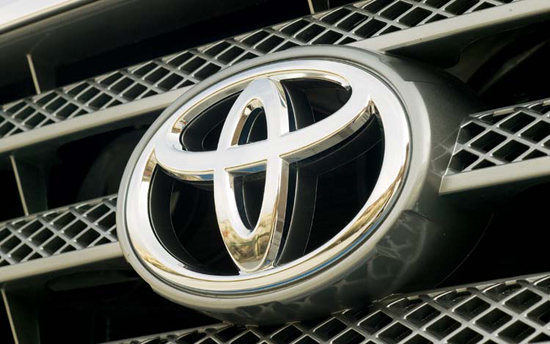 All Entries Tagged With: "toyota lawsuit"
All Entries Tagged With: "toyota lawsuit"
Toyota Sued Again By McCune Wright – Money Hungry?
Automakers get sued quite often it seems these days. Are the cars really that faulty and manufactures that negligent? Probably not. Are law firms becoming more “sue happy?” You bet.

Yet another McCune Wright lawsuit has been filed. This time, the target is the Prius V 5 wagon.
Tundra Owners Obtain Lemon Law Judgement Against Toyota
On March 14, 2012, a Los Angeles County Superior Court ruled in favor of the owners of a 2007 Toyota Tundra under the California Lemon Law resulting in the Toyota Motor Sales Company to refund all payments the owners made on the truck.

A recent lawsuit ended with a California Toyota Tundra Owner receiving a Lemon Law judgement against Toyota. Was Toyota really at fault?
Biller Liar, Pants On Fire
UPDATE: Biller’s racketeering allegations against Toyota have been dismissed by the arbitrator overseeing the case. What’s more, Biller has been ordered to pay Toyota more $2.5 million in damages for his lies.
Dimitrious Biller (that’s pronounced “by-ler”, hence the headline) is a lawyer and former Toyota employee who filed a racketeering lawsuit against Toyota last August. In that suit, Biller alleged that Toyota systematically hid information in civil lawsuits in order to save money. While it’s certainly possible, we’ve found more evidence that shows Biller is most likely a liar.
Toyota Accelerator Recall Lawsuits Could Cost $10 Billion
In the last two weeks a few class-action lawsuits against Toyota have been announced (one by the Orange County DA, one in Phoenix, and a few others). Central to all of these lawsuits is the allegation that Toyota knowingly mislead consumers in regards to unintended acceleration problems, which is technically known as “consumer fraud.”
For the record, there are degrees of fraud. Fraud as a result of stupidity or negligence is different than intentional acts that will knowingly injure another party. For example – accidentally writing a bad check from an account you closed is definitely considered fraud, but it’s not the same as stealing someone else’s checkbook and writing what you know to be a bad check. Intent is important.
Toyota’s problem is, it’s very difficult to argue that their actions weren’t intentionally designed to hurt consumers. Here’s how allegations of fraud at Toyota break down (and why they’re probably going to lose billions when it’s all over):

